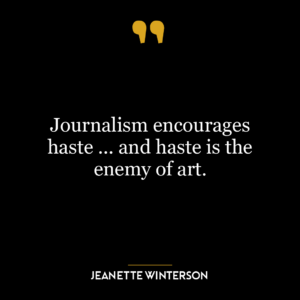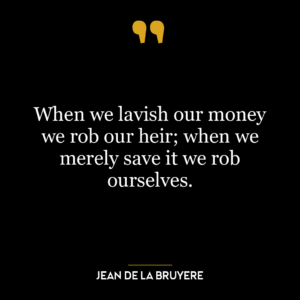This quote essentially explores the complex dynamics that money can introduce into relationships, whether they are friendly or hostile. When you lend money to an enemy, it can serve as a peace offering, a way to bridge the gap and potentially turn an enemy into a friend. The act of lending can be perceived as an act of trust and goodwill, which might soften the enemy’s hostility and pave the way for a more cordial relationship.
On the other hand, lending money to a friend can strain the relationship. If the friend fails to repay the loan, it can lead to resentment and conflict. The lender may feel taken advantage of, while the borrower may feel guilty or pressured. This can potentially ruin the friendship. Hence, the quote suggests that money and personal relationships should not mix.
In today’s world, this idea is still very relevant. Many relationships are strained due to financial disputes. It’s common to hear stories of friendships or family relationships that have been ruined over borrowed money that was never repaid. Hence, it’s often advised that if one lends money to a friend, they should be prepared to never see it again, not to avoid the risk of damaging the relationship.
In terms of personal development, this quote teaches us to understand the potential consequences of our actions, to be cautious when mixing finances with personal relationships, and to consider other ways to help friends in need that do not involve lending money. It also encourages us to see the potential for change in our enemies, showing that acts of kindness can transform relationships.














